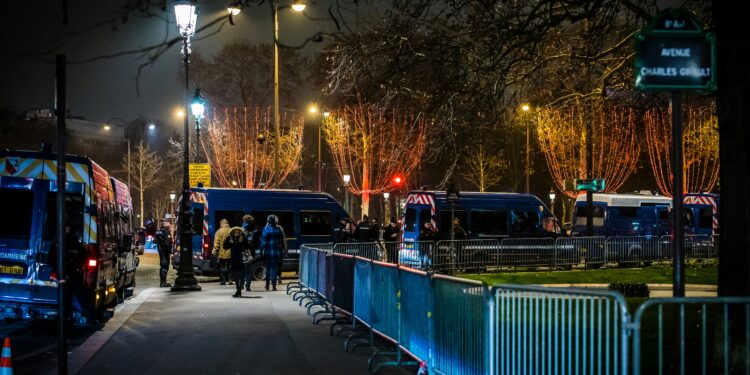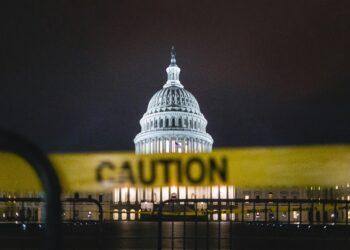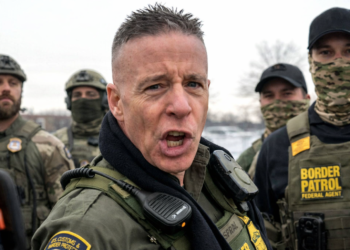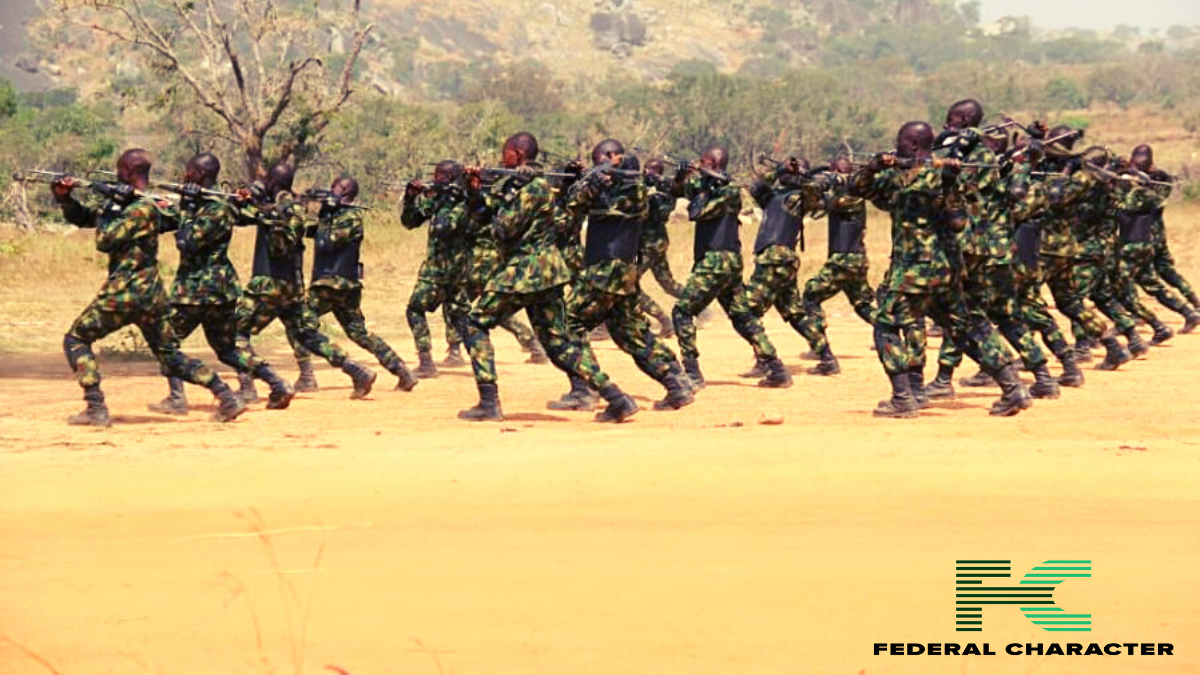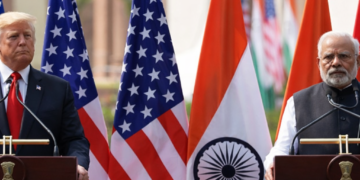France stood still on Thursday, confronting the still-fresh scars of a national trauma as it paid an emotional tribute to the 130 victims of the Islamic State massacre that shook the world a decade ago. The commemorations laid bare a grief that remains raw for a nation forever changed by a single night of terror.
President Emmanuel Macron joined survivors and weeping relatives at a ceremony outside the Stade de France, the first target in the coordinated rampage of suicide bombers and gunmen that targeted the city’s cafes, restaurants, and the Bataclan concert hall. The attacks, the deadliest on French soil since World War Two, deliberately targeted “the culture of joy, celebration, diversity, sharing, and music,” as Paris Mayor Anne Hidalgo stated.
The human toll was palpable. “Since that November 13, there is an emptiness that cannot be filled,” said Sophie Dias, daughter of the first victim, her voice trembling. The pain extends beyond the official death toll; victims’ associations note that two survivors have since taken their own lives, bringing the total to 132.
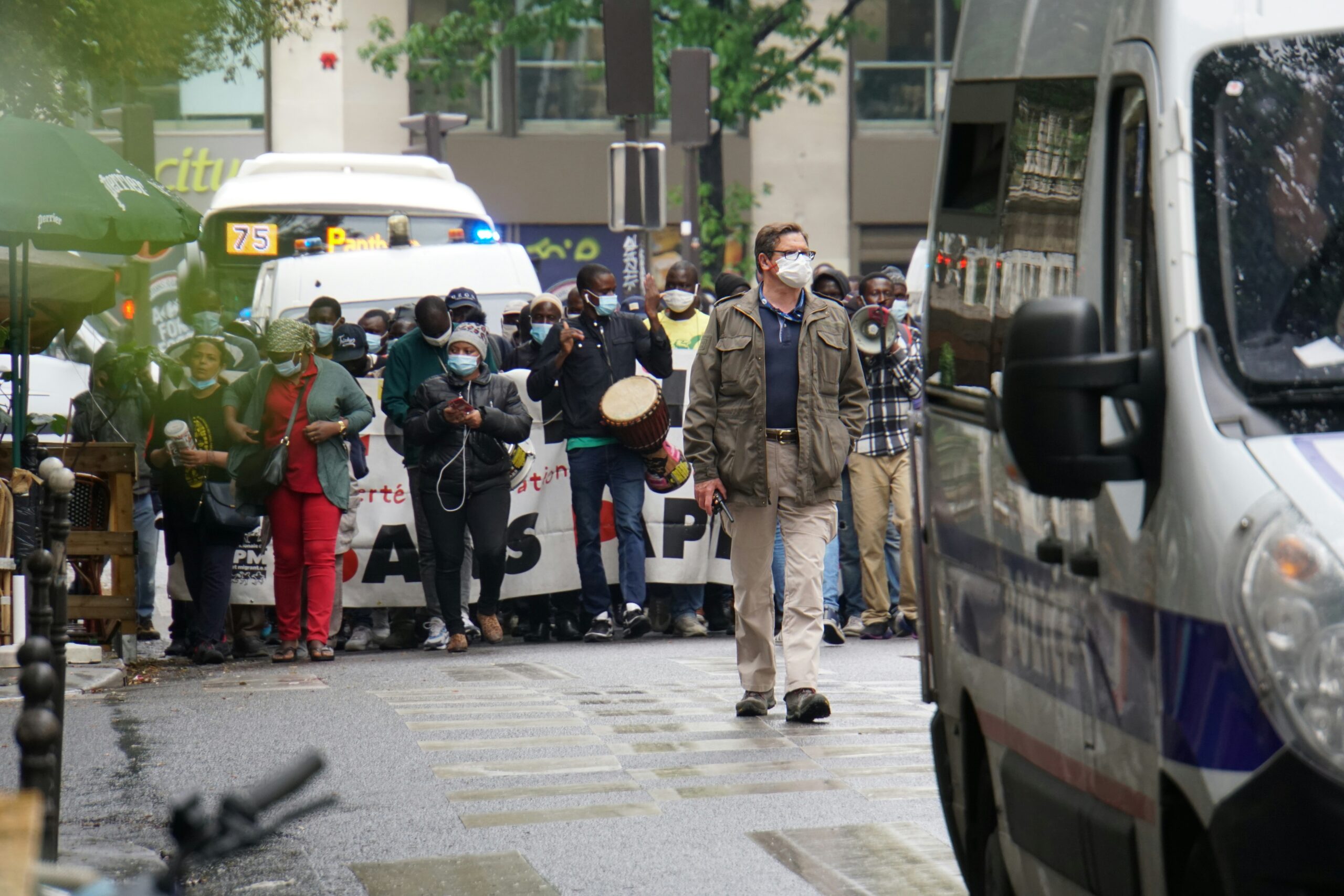
For many, the trauma is a life sentence. Survivor Sebastian Lascoux, who was at the Bataclan, recalled the horror: “We ended up all squashed together and collapsed as one. And then (there was) the smell of blood.” A decade later, he still suffers from post-traumatic stress, unable to be in crowds or hear loud noises without being transported back to the nightmare.
Why It Matters
A decade is a long time for the world, but no time at all for a broken heart. These commemorations are not about closure; they are a testament to a wound that simply will not close. The stories shared today—of empty chairs, of suicides born from unspeakable memory, of lives permanently confined by fear—prove that for France, November 13th is not a date in the past, but a permanent state of being.
The threat may have mutated, as the Interior Minister said, from complex conspiracies to lone-wolf radicals, but the national psyche remains under siege. The terrorists aimed to shatter a culture of “joy and music,” and in the silent spaces—the avoided concert halls, the flinch at a sudden sound—they achieved a lasting, insidious victory. France honored its dead today, but the real story is a nation still held hostage by its grief, proving that some attacks never truly end.

